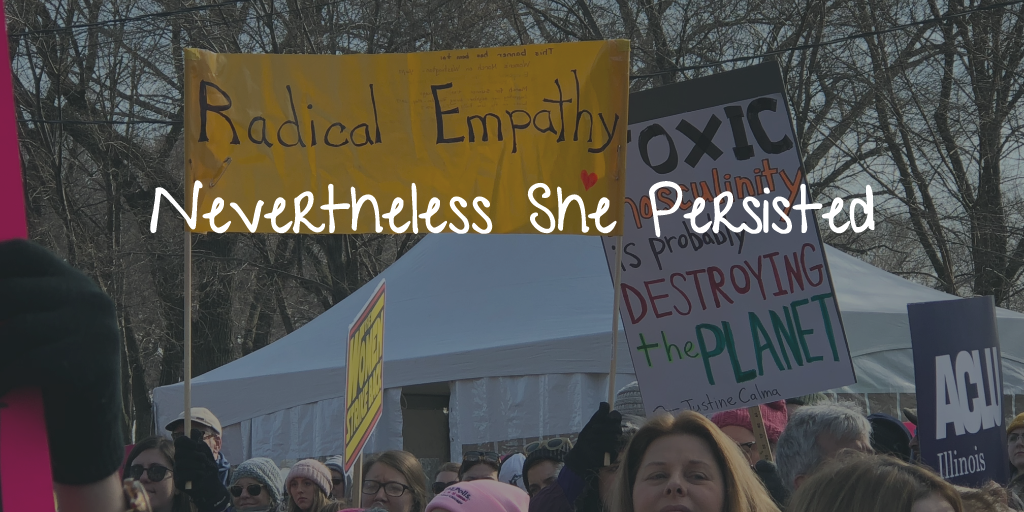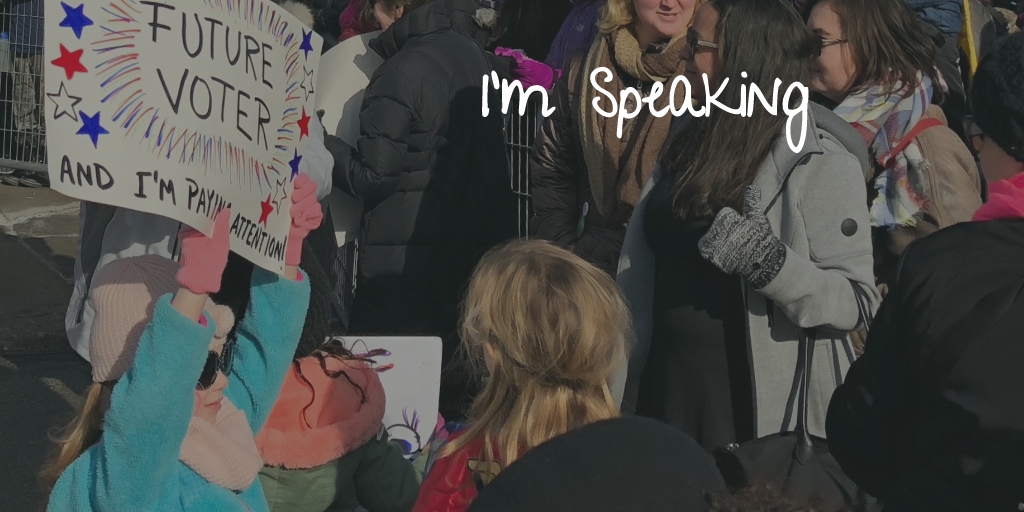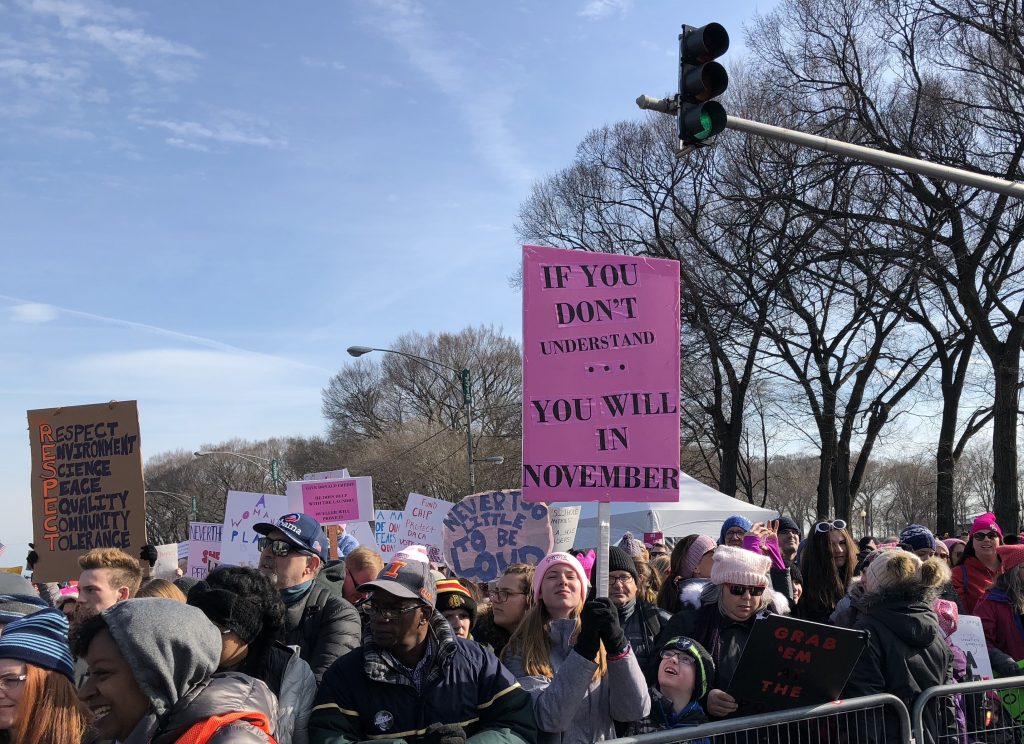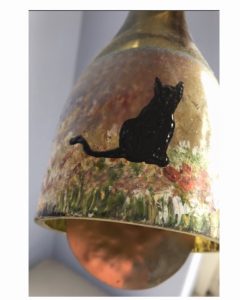This damn pandemic has turned me into an extension of my computer which has taken the form of my cellphone. Honestly, I can’t stand it! I have it in my hand constantly. Can’t eat without it. Watch tv without it. Go to the bathroom without it. I go into a near panic if I realize I don’t have it in my hand. Or by my side. What if my grandson needs to reach me? Or if my daughter suddenly gets the inexplicable urge to talk to me? Or there’s an email I need to read. Or a message. I long for the days when I had to go home from work to see if anyone I loved had left a message for me on my answering machine. For the days when an actual letter awaited me in my mailbox. And oh, remember when we didn’t need to know every single thought that leaked out of the mouth of a certain resident of Washington? Those were the good old days. When we waited for the evening news.
Now, if we watch the evening news, we’ve probably already read it online. When we get the Sunday Times delivered to the door, to go with our fresh brewed coffee and warm morning bun, we search through it for something we haven’t read online before it arrived. The evening news, the Sunday Times. These things used to anchor my days. My weeks. Now I feel the need to be up on everything that’s happening everywhere to everyone I know (and don’t know) as soon as it happens. My days feel cramped with information. It used to take me a whole day to do all the things that needed doing. To talk to all the people I needed to talk to. To read the mail. To write a letter. Now I have to do the same number of activities every hour, it seems. There’s no waiting a week for a letter to cross the country. If an email takes more than two seconds to download, I get frustrated. “What’s taking so long? Maybe you should re-send it.” My anxiety level runs at the speed of light. If I don’t have my phone with me I might miss something important.
But there is the other side. I was a reporter in the late 1970’s, before, or maybe right when word processors were making their way into the newsroom. Until then, I would type out my story. Cut and paste and scotch tape it together and drive it to my editor. How she even read it is beyond me. But the onset of word processors changed our news world. Little did we know it was just the beginning of a trend that would end up lo these years later with everyone tweeting whatever news they want to share into the universe. Along with photos! Who needs reporters or photographers? Cut and paste? It’s on the menu. Scotch tape is for wrapping presents. It’s like telling your grandson they sound like a broken record. “What does that even mean, grandma?”
Which brings me to music, of course. My record collection languishes on my bookshelves. I still have a turntable and occasionally I pull out an old album. Joni Mitchell, The Rolling Stones, Blood, Sweat and Tears. Ahhh. A long time ago I would play them over and over until I knew all the words to every song. Now the lyrics are online. The records are scratched. The diamond needle? I should have it made into a ring, maybe. Then there was the CD collection, now residing in the drawers under the turntable to keep them from getting dusty. Sometimes I look at all that and think how much space I could have if I just tossed it all. But I can’t. Nor can I dump the thousands of books I’ve accumulated over the years. I haven’t read them all. But I could always read them on my phone, right? Where I also stream music, feeling guilty that my deceased partner (a true audiophile who returned my gift of the original ipod because the sound quality wasn’t good enough) must be spinning in his grave.
While it’s true that computers run my dishwasher and microwave, and I can turn the heat on at home from my phone as well as answer the phone through my bluetooth hearing aids, they don’t cook for me yet, fold my laundry or warm my hands. Damn! And I can still make love in the privacy of my home without their help…that is, unless Siri or Alexa is listening.








